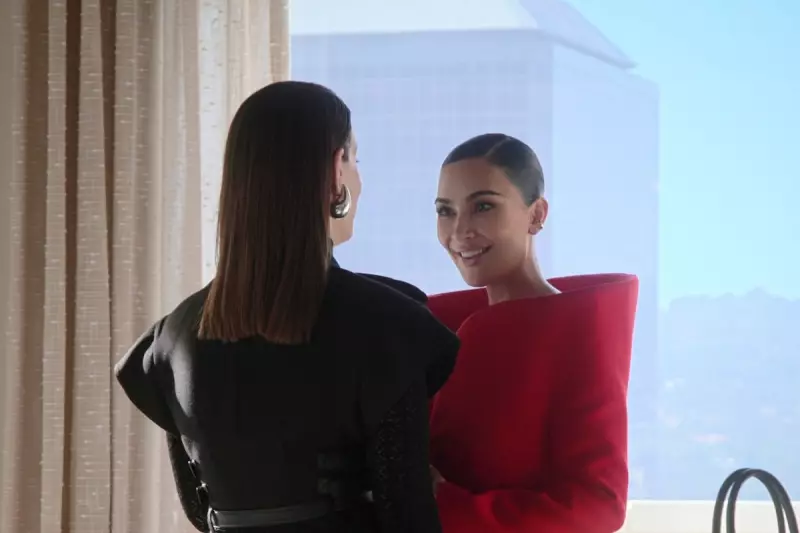
In a surprising collision of pop culture and space science, NASA has found itself addressing moon landing conspiracy theories propagated by none other than reality television star Kim Kardashian.
The Viral Interview That Sparked Cosmic Controversy
During a recent appearance on the 'This Past Weekend' podcast with Theo Von, the SKIMS founder expressed doubts about humanity's most celebrated space achievement. "I thought we never went to the moon," Kardashian stated, sending shockwaves through both scientific and entertainment circles.
Her comments immediately ignited social media debates, with space enthusiasts and conspiracy theorists alike weighing in on the validity of the 1969 Apollo 11 mission.
NASA's Expert Response to Celebrity Skepticism
NASA officials have since stepped forward to provide unequivocal evidence countering these claims. "The Apollo moon landings are among the most thoroughly documented events in human history," a NASA spokesperson emphasised.
Scientists point to multiple lines of irrefutable evidence, including:
- Lunar rock samples with unique geological signatures impossible to replicate on Earth
- Laser ranging retroreflectors left on the moon's surface that continue to provide measurable data
- High-resolution images from the Lunar Reconnaissance Orbiter showing landing sites and astronaut footprints
- Independent verification from international space agencies
Why Moon Landing Conspiracies Persist in the Digital Age
Despite overwhelming scientific proof, moon landing skepticism continues to capture public imagination. Psychologists suggest these theories thrive due to:
- The difficulty for ordinary people to verify space missions personally
- Historical context of Cold War tensions between the US and Soviet Union
- The human tendency to question authority and official narratives
- Social media algorithms that amplify controversial content
Educational Impact of Celebrity Influence
Experts express concern about the influence celebrities wield over public understanding of science. When high-profile figures like Kardashian share unsubstantiated theories, they reach millions of followers who may lack scientific literacy to evaluate these claims critically.
"This incident highlights the ongoing challenge science communicators face in the age of social media," noted Dr. Sarah Johnson, a science communication researcher. "We must find more effective ways to make scientific evidence as compelling as celebrity opinions."
The Silver Lining: Renewed Public Interest in Space Exploration
Despite the misinformation, NASA representatives acknowledge one positive outcome: the conversation has sparked renewed public interest in space exploration. Museum visits and educational website traffic related to the Apollo missions have seen noticeable increases since the interview went viral.
"While we don't endorse the conspiracy theories, we welcome any opportunity to discuss the incredible achievements of the Apollo program and the future of lunar exploration," the NASA statement concluded.
As NASA prepares for its Artemis missions aiming to return humans to the moon by 2026, this unexpected celebrity controversy serves as a reminder that public engagement with space science remains as relevant as ever.





